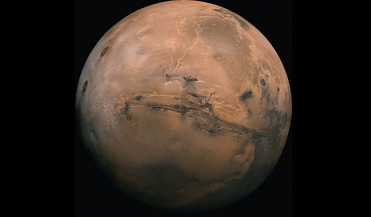 October 2020
Space 2069 - back to the Moon, to Mars and beyond
October 2020
Space 2069 - back to the Moon, to Mars and beyond
...the world-famous Jodrell Bank radio observatory. He later carried out research at University College London’s Mullard Space Science Laboratory. Already a regular science writer and commentator in the UK media he became the BBC’s Science Correspondent...
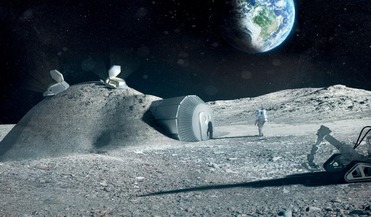 April 2017
Surviving radiation for space colonisation
April 2017
Surviving radiation for space colonisation
... exceeding their nation’s career limits for radiation exposure. Orion is NASA’s first spacecraft for longduration deep space exploration. It will transport humans to and from interplanetary destinations such as asteroids, the Moon and eventually Mars...
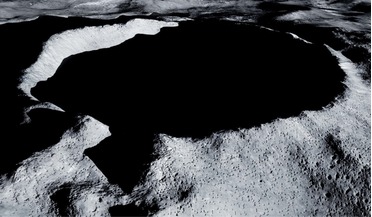 May 2020
Protecting areas of scientific importance on the Moon
May 2020
Protecting areas of scientific importance on the Moon
... evidence of exposed ice here that could be mined for conversion to rocket propellant or drinking water for space colonisation. Helium-3 - produced by the impact of solar wind on the lunar surface - is a potentially valuable isotope of helium that...
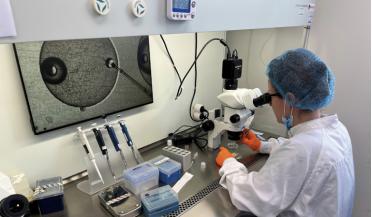 April 2025
Pioneering human reproduction in space
April 2025
Pioneering human reproduction in space
... United, a Netherlands-based company leading early research into space procreation. In this article, CEO Dr Egbert Edelbroek shares...human reproduction in space. Their work not only lays the foundation for future space colonisation but also has...
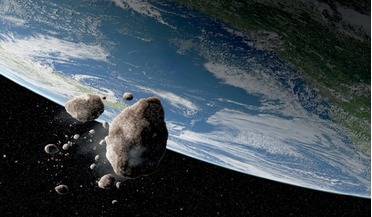 May 2017
Humanity is moving towards a new reality
May 2017
Humanity is moving towards a new reality
... also well see the creation of permanent space bases and perhaps even true space colonisation. In this future time the importance of...the US. Already some have claimed that authorising such space mining activity is tantamount to a claim of sovereignty...
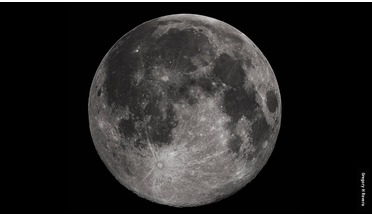 November 2021
The philosophy of space missions today
November 2021
The philosophy of space missions today
...rather a technological and environmental one. This does not mean, however, that by choosing the scenario of compulsory space colonisation necessary for the survival of humanity (and with us, presumably, all other or selected animal species to be sent...